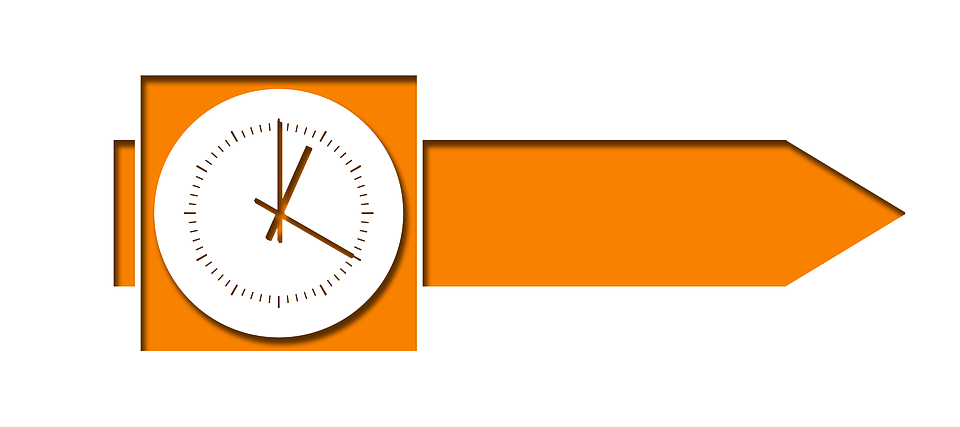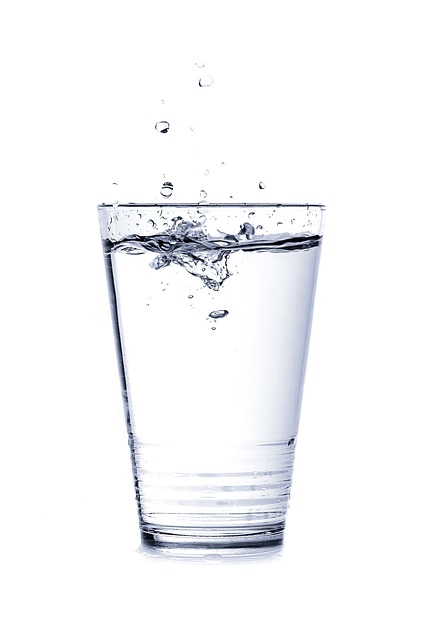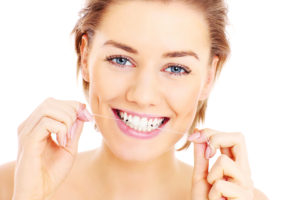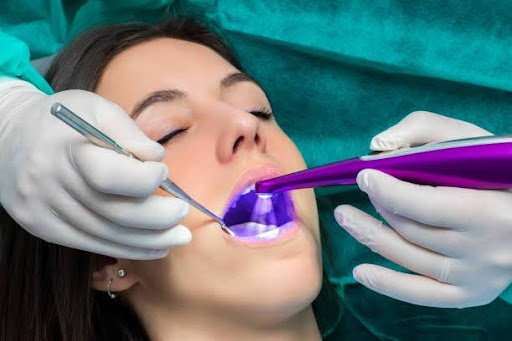20120 Dentist

Sniffling, sneezing, and coughing. Being sick can make it more difficult to keep up with your daily routine. Don’t let your cold or flu become an excuse for overlooking your oral hygiene. In fact, when you’re sick it is essential that you continue to stick to your regular brushing and flossing routine. Here are a few tips to keep you on track and on your way to getting better.
Brush After Each Meal
When you’re sick, try maintaining a schedule of brushing your teeth shortly after each meal. Your mouth can be a prime location where bacteria breed. Being extra vigilant in your brushing routine is an excellent way to minimize the multiplication of germs and bacteria.
Be Selective with Cough Drops and Lozenges
Numerous brands of cough drops and throat lozenges contain sugar. In fact, many cough drops or lozenges are similar to candy. Candy, particularly sucking candy that lasts in your mouth for an extended period of time, can lead to tooth decay. Bacteria in your mouth feeds off sugar to create acids that damage your teeth. Consider looking for drops and lozenges that are sugar free, or those that do not include corn syrup and fructose.
Rinse Carefully
If you are vomiting, keeping your mouth clean is important. Stomach acids can damage your teeth. However, brushing right away will just cause you to rub the acids all over your teeth. Instead, rinse your mouth out with water or mouthwash and wait at least 20 minutes before reaching for the toothbrush.
Drink Plenty of Water
Staying hydrated is one of the keys to recovery. Drinking water is also an effective way to prevent dry mouth. Dry mouth can lead to decay and bad breath. Some medications you might be taking to relieve your cold or flu symptoms might dry out your mouth, so be sure to continue to drink water throughout the day.
Replace Your Brush
Once you have recovered from your illness, consider replacing your toothbrush. While it isn’t likely that you would cause yourself to get sick again, you may wish to err on the side of caution. The American Dental Association recommends that you regularly replace your toothbrush every three to four months.
When you are sick, make it a point to keep up with your oral health. Your medications or over-the-counter remedies can have an impact on your oral health. Watch out for sugar content in cough drops and throat lozenges, and stay hydrated with water to avoid dry mouth. Keeping your mouth healthy is the first step to keeping your entire body healthy.
For more oral health tips or to schedule a visit to our office, please contact us.
5703 Centre Square Drive, Centreville, VA 20120





 We’ve all been told at least once in our life that flossing daily is crucial. Here are four reasons why flossing may be beneficial for your oral health routine:
We’ve all been told at least once in our life that flossing daily is crucial. Here are four reasons why flossing may be beneficial for your oral health routine: Your smile is one of the first things that people notice about you. One way to make a lasting impression is to have a healthy-looking smile. Over the years, teeth whitening has become immensely popular. People turn to in-office whitening, over-the-counter whitening, and home-made whitening techniques. Did you know that there are ways to keep your smile white with just small changes to your daily routine? Read the tips below to keep your smile looking pearly white.
Your smile is one of the first things that people notice about you. One way to make a lasting impression is to have a healthy-looking smile. Over the years, teeth whitening has become immensely popular. People turn to in-office whitening, over-the-counter whitening, and home-made whitening techniques. Did you know that there are ways to keep your smile white with just small changes to your daily routine? Read the tips below to keep your smile looking pearly white. There are over 12 million new cases of cancer diagnosed each year. There are a large variety of different kinds of cancer, some of which are more preventable than others. It might seem obvious that brushing and flossing each day as well as avoiding tobacco can help protect you from oral cancer. However, there are types of oral cancer and other cancers that can be prevented through optimal oral care as well.
There are over 12 million new cases of cancer diagnosed each year. There are a large variety of different kinds of cancer, some of which are more preventable than others. It might seem obvious that brushing and flossing each day as well as avoiding tobacco can help protect you from oral cancer. However, there are types of oral cancer and other cancers that can be prevented through optimal oral care as well. It is not uncommon for many of us to grab a bite to eat in a hurry. Americans have grown accustomed to bigger food portions at restaurants, but our mouths have not. Trying to fit that oversized sandwich or apple in your mouth might be worse for you than you have ever imagined. Below are some reasons why this could be detrimental for your oral health and what you can do about it.
It is not uncommon for many of us to grab a bite to eat in a hurry. Americans have grown accustomed to bigger food portions at restaurants, but our mouths have not. Trying to fit that oversized sandwich or apple in your mouth might be worse for you than you have ever imagined. Below are some reasons why this could be detrimental for your oral health and what you can do about it.









